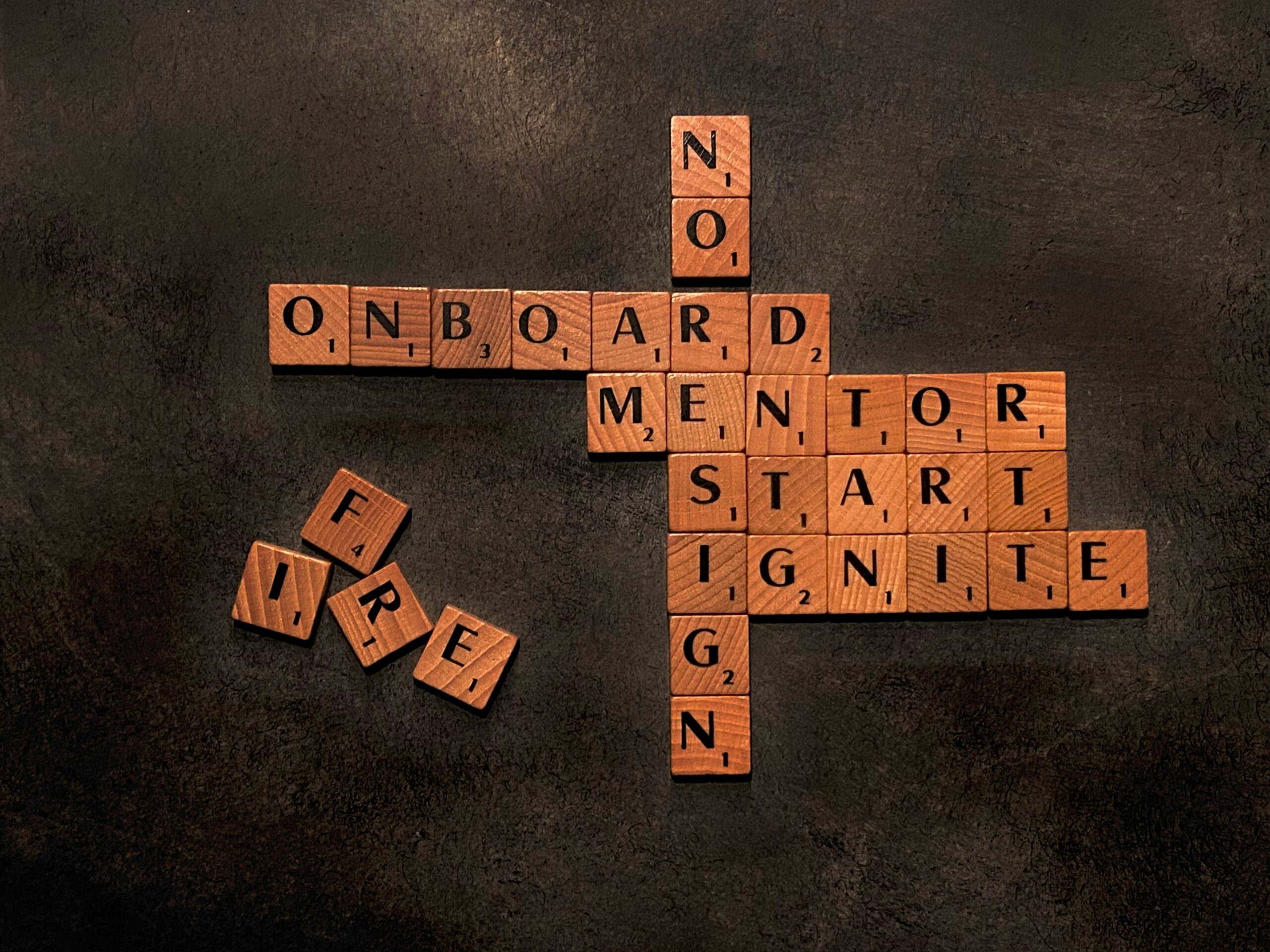Business resilience has never been more important. Our world has become more unpredictable, and it’s not just the pandemic that has made it so. Many other things, like technological advances and climate change, are having an impact too.
Undoubtedly, the Covid-19 pandemic had a drastic and far-reaching impact on the business I had nurtured and grown. It was in a good place, growing and profitable. Bookings were looking good for the year ahead, and then ‘boom’ – 90% of our business disappeared. We faced a potential and very imminent threat that the business wouldn’t survive.
After the initial shock, I realised that this crisis actually presented an opportunity to innovate the business in new products and markets. More importantly, it would allow us to build a more resilient team and culture. Easier said than done! My experience since then tells me that business culture and a strong team ethic are fundamental to business resilience and achieving prolonged success. Those with a culture that supports change can more easily adapt to any disruption whilst being able to still grasp opportunities as they come along.
Building resilience, therefore, must be a key strategic priority in every business.

Collaborative culture and leadership are key to building a resilient workforce
Resilience has become a key human quality needed to bring out the best in people in all aspects of our life. Team members are far more likely to be engaged, motivated and get more job satisfaction the more resilient they are. It is an increasingly important characteristic for organisations to cultivate in employees and enables organisations to remain profitable and competitive during turbulent times.
The key things I learned along my journey were that communication, collaboration, empowering team members, seeking feedback, and a commitment to personal wellbeing are the core building blocks for a resilient workforce and in successfully managing change.
Ensure you have buy-in across the entire organisation for changes, strategic or otherwise, that you propose making, with clear two-way communication between you and your employees and agreed accountability.
Positivity and resilience go hand in hand, so communicating positive messages and maintaining an optimistic mindset will help. A leader’s job is to ensure the company sees change as a welcome challenge rather than an unwelcome barrier.
Having an open culture for managers to seek and give feedback and for team members to share concerns or request help will help build valued and trusted relationships. The opportunity to put ideas forward can create a shared purpose.
Personal resilience is just as essential as the strategic, financial, and operational elements of business resilience. Resilience shapes the way people respond to and manage stress.
You can’t have a successful business if your employees aren’t supported. You must develop a strong sense of caring and commitment to employee wellbeing. Being aware of how negative events like the pandemic have negatively affected your employees is important.
Everyone’s health and wellbeing must be a priority. Otherwise, you won’t be capable of collectively dealing with big challenges that come your way.
Support your employees in the right training and development. If, like our business, many of our staff had to adapt and change their roles during the pandemic, this is a given. Also, think about what future skills you might need in your business. Look to improve your workforce agility through upskilling. Whilst it is easy to talk about these things, it’s not so easy to implement. But with a clear focus on the ‘people culture’ in your business, your team will be ready to deal with change and challenges in the future and be more successful as a result.




